High quality rice production model with reduced emissions for high productivity in Can Tho city.
Overcoming challenges
Associate Professor Dr. Le Anh Tuan, Can Tho University, said: “The Mekong Delta is a fertile land, playing an important role in food security and economic development of the whole country. However, this region is facing unprecedented challenges, such as increasingly severe climate change, increasing saline intrusion, serious water resource depletion, and land subsidence due to overexploitation. These pressures not only affect agricultural production, but also threaten the livelihoods of millions of people. In particular, the overexploitation of natural resources for economic development and food supply leads to the depletion of land, water, forest and biological resources, causing environmental sustainability and related ecosystems to deteriorate…”.
In recent years, Vietnam has had many policies and programs to promote sustainable agricultural production development through the implementation of circular economy. The Resolution of the 13th National Party Congress has identified "Building a green, circular, environmentally friendly economy" as one of the important development orientations of the country in the period 2021-2030. Contents related to circular economy are also reflected in legal documents, sustainable development and environmental protection strategies with a vision to 2030, green growth strategies, national strategies on integrated solid waste management to 2025, with a vision to 2050. The Prime Minister issued Decision No. 687/QD-TTg dated June 7, 2022 approving the Circular Economy Development Project in Vietnam; Project on sustainable development of one million hectares of high-quality, low-emission rice in the Mekong Delta region...
The high-quality rice production model with reduced emissions under the Project for sustainable development of one million hectares of high-quality, low-emission rice in the Mekong Delta region will be implemented from 2024 in the provinces and cities of the Mekong Delta. The production model applies new technological solutions, produces rice that adapts to climate change, reduces emissions, reduces costs and increases added value associated with building a "reduced-emission" rice brand, improving the competitiveness of products in domestic and foreign markets; at the same time, focusing on building and sustainably developing raw material areas linking rice production and consumption between farmers, cooperatives and export enterprises...
In 2024, there were 7 pilot models implementing the emission reduction farming process with an area of 50 hectares/model in 2 summer-autumn and autumn-winter crops in 5 provinces and cities in the Mekong Delta region. Initial results showed that the production model reduced costs by 8.2% - 24.2%, reduced seed quantity by 30-50%, reduced chemical fertilizer quantity by 30-70 kg/ha, reduced pesticide spraying by 1-4 times and reduced irrigation water by 30-40%. At the same time, rice yield increased by 2.4-7%, increasing farmers' income by 12-50% (equivalent to an increase of 4-7.6 million VND/ha compared to traditional farming methods). Greenhouse gas emissions were reduced by an average of 2-12 tons of CO2/ha. The rice price that businesses committed to purchase was 200-300 VND/kg higher than the market price. In the summer-autumn crop of 2025, the above localities will continue to deploy 6 models and expand 5 new models to implement the emission reduction farming process, while coordinating with the International Rice Research Institute (IRRI) and the World Bank to pilot the MRV process. Initial results show that the implementation of the MRV process is quite favorable, receiving the response and high appreciation from the people and local authorities...
Ms. Huynh Kim Dinh, Deputy Director of the National Agricultural Extension Center, said: “The above models have been summarized to share practical lessons and innovative practices from localities; at the same time, it is an activity to connect public-private partnerships, mobilize international resources to expand the scale of participation in the project and increase the efficiency of the high-quality rice production model to reduce emissions. In the coming time, the National Agricultural Extension Center will continue to be the focal point for technical coordination - organization - model replication; strengthen digital transformation, apply smart technology in cultivation management; promote public-private partnerships, expand the network of domestic and foreign partners participating in model implementation. At the same time, the National Agricultural Extension Center also recommends that localities proactively innovate, mobilize resources and replicate models suitable to practical conditions. International organizations and donors continue to accompany, share experiences, and support resources for the Mekong Delta to implement the model and enter an important transformation journey, from production from pure export to ecological agriculture, circular economy and green development...”.
The foundation for sustainable development
According to experts, the Mekong Delta is a region with potential to develop circular economic models, especially in the field of agricultural production. As the largest rice, fruit and seafood granary in the country, the Mekong Delta provides a large amount of agricultural products not only for the domestic market but also for export. Abundant raw materials from agricultural by-products such as straw, rice husks, fruit peels, bagasse and sludge from aquaculture create opportunities to apply reuse and recycling models. In addition, favorable natural conditions with a dense river system, tropical climate, and fertile alluvial soil are a solid foundation for developing sustainable agricultural production activities, combined with renewable energy such as biomass and solar energy. In addition, the readiness to access science and technology and the increasing awareness of the community and businesses about environmental protection are important factors promoting the development of a circular economy in the region.
Associate Professor, Dr. Le Anh Tuan commented: "Currently, circular economic models have been and continue to spread to each locality, integrated into initiatives, plans, and strategies for economic recovery and development. In particular, many localities in the Mekong Delta have developed projects and implemented circular economic models and achieved many positive results. Integrating circular economic implementation criteria into local development strategies and organizing pilot applications in various fields are important components in implementing circular economic models in the Mekong Delta in particular and Vietnam in general. Incorporating principles of circular economy such as recycling, resource reuse, waste and emission reduction into local development strategies is an important step forward. These initiatives not only help minimize the negative impacts of climate change but also create sustainable economic, social and environmental values for the region.
According to Associate Professor Dr. Le Anh Tuan, in the coming time, localities in the Mekong Delta need to proactively exploit their potential and advantages to promote circular economic initiatives, ensuring effective integration of principles of recycling, reuse, waste reduction and protection of natural resources. The implementation of these models not only directly contributes to the implementation of national goals on green growth and sustainable development, but also helps create higher added value for the local economy, improve people's quality of life and improve resilience to the impacts of climate change. With the coordination between the government, businesses, scientists and the community, each locality can become an important link in the country's circular economic development network, creating a strong driving force for even and sustainable development nationwide.
Article and photos: HA VAN
Source: https://baocantho.com.vn/chuyen-doi-sinh-thai-phat-trien-kinh-te-tuan-hoan-tai-dbscl-a190556.html


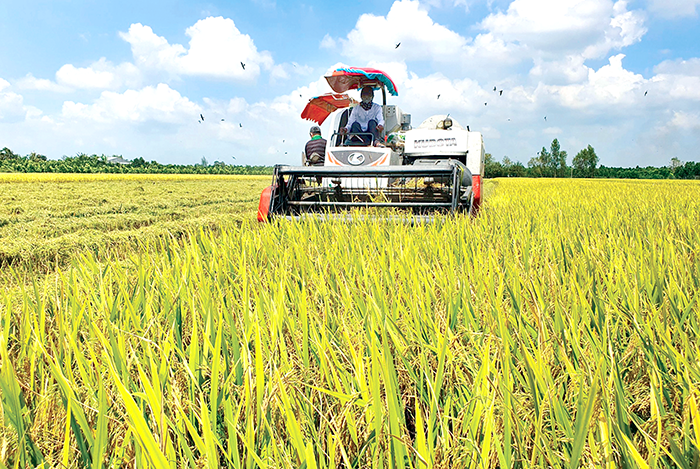

![[Photo] Binh Trieu 1 Bridge has been completed, raised by 1.1m, and will open to traffic at the end of November.](https://vphoto.vietnam.vn/thumb/1200x675/vietnam/resource/IMAGE/2025/10/2/a6549e2a3b5848a1ba76a1ded6141fae)




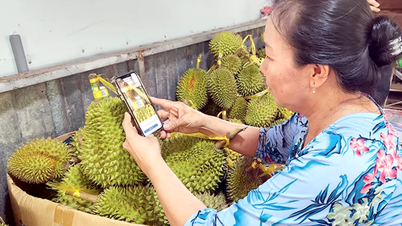

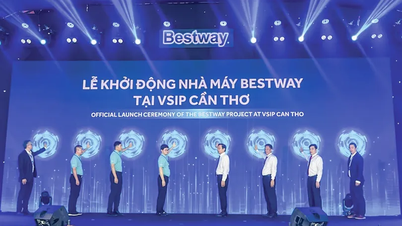


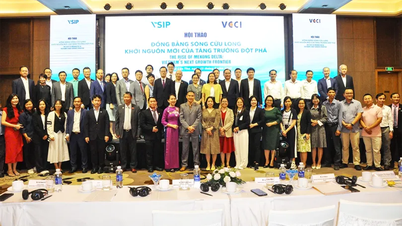


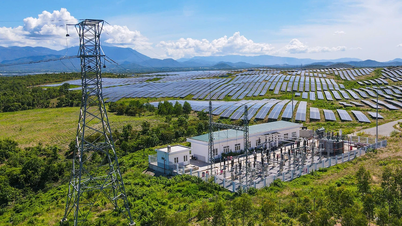



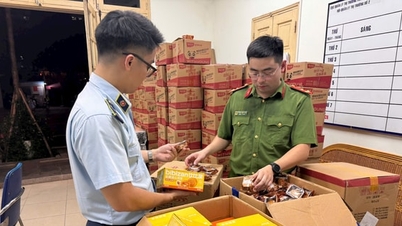


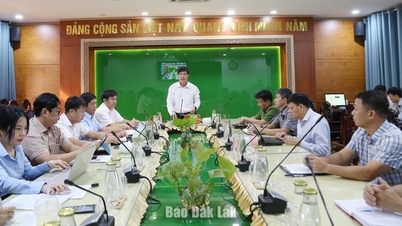

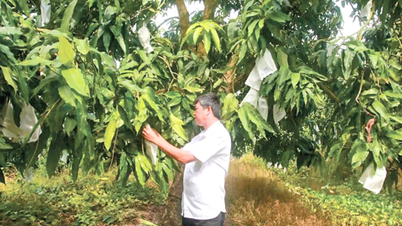




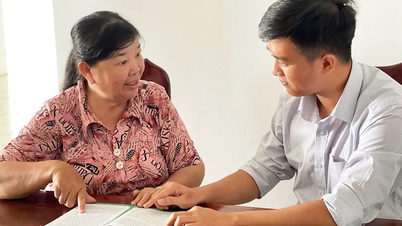
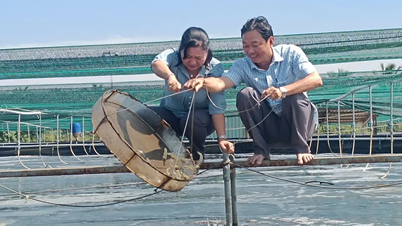
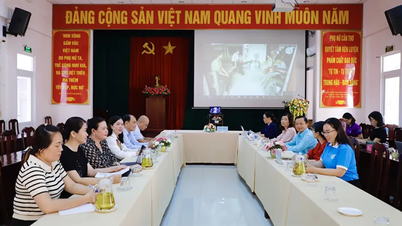
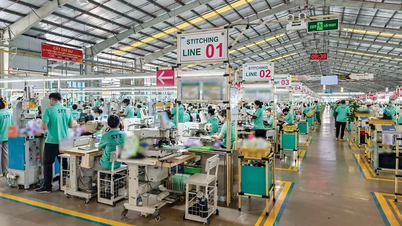
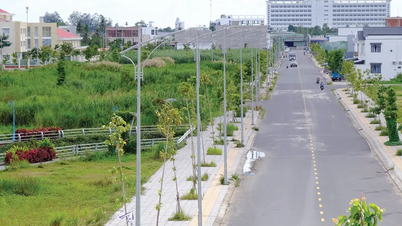
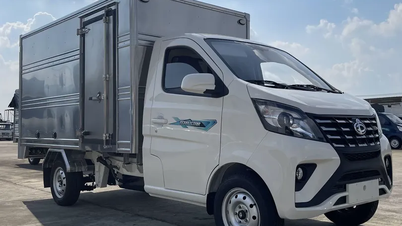
















































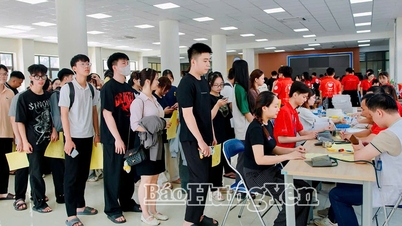


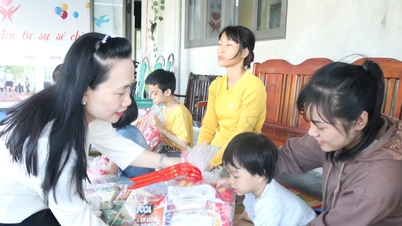

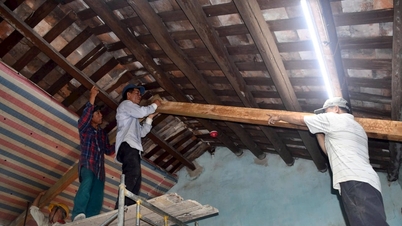
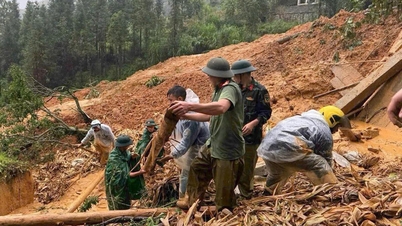

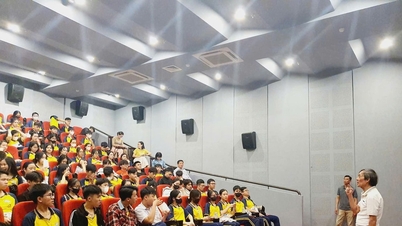












Comment (0)